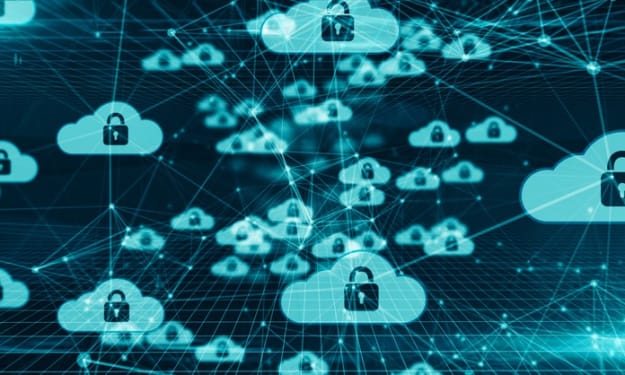
Experiencing a breakup is an emotionally tumultuous journey, one that plunges individuals into a whirlpool of conflicting emotions, shattered expectations, and profound introspection. Whether initiated by mutual agreement, a sudden revelation, or as a result of irreconcilable differences, the end of a romantic relationship marks a significant chapter in one's personal narrative. This essay delves into the multifaceted dimensions of breakup, exploring its psychological impacts, societal implications, and avenues for healing and growth.
**Understanding Breakup: A Psychological Perspective**
At its core, a breakup represents the dissolution of an emotional bond forged between two individuals. Psychologically, this rupture triggers a cascade of responses within the human psyche, akin to grieving a loss. The stages of grief, as famously delineated by Elisabeth Kübler-Ross—denial, anger, bargaining, depression, and acceptance—often manifest in the aftermath of a breakup.
Initially, denial may shield individuals from the full emotional weight of separation, serving as a protective mechanism against overwhelming sadness. As reality sets in, however, denial gives way to anger—a volatile emotion that may be directed towards one's former partner, oneself, or even external circumstances perceived as catalysts for the breakup.
Bargaining emerges as a desperate attempt to salvage what remains of the relationship, marked by pleas for reconciliation or promises to change. The realization that such efforts are futile often plunges individuals into a state of depression, characterized by profound sadness, withdrawal, and a sense of hopelessness.
Ultimately, acceptance represents the culmination of this emotional journey, as individuals come to terms with the irreversibility of the breakup and begin to envision a future devoid of their former partner.
**Societal Perspectives on Breakup**
Beyond its psychological dimensions, breakup carries significant societal implications, particularly within the context of cultural norms and expectations surrounding relationships. In many societies, romantic partnerships are revered as a cornerstone of personal fulfillment and social validation. Consequently, the dissolution of such partnerships may be stigmatized or perceived as a failure, eliciting judgment or pity from peers.
Moreover, societal attitudes towards gender roles and emotional expression can influence how individuals navigate the aftermath of a breakup. Men, for instance, may be socialized to suppress vulnerability and mask emotional distress, whereas women may feel pressured to prioritize caretaking roles and emotional labor amidst personal turmoil.
Conversely, evolving societal norms increasingly emphasize self-care, emotional autonomy, and the pursuit of personal growth following a breakup. This cultural shift encourages individuals to view separation as an opportunity for introspection, self-discovery, and the cultivation of resilience.
**Healing and Growth: Navigating the Aftermath**
While breakup engenders profound sorrow, it also heralds opportunities for healing, growth, and newfound self-awareness. Central to this process is the cultivation of self-compassion—an inner dialogue characterized by kindness, understanding, and acceptance towards oneself.
Self-compassion empowers individuals to confront painful emotions with gentleness and patience, fostering emotional resilience and facilitating the journey towards healing. Practices such as mindfulness meditation, journaling, and engaging in creative pursuits can provide solace amidst emotional turbulence, offering a constructive outlet for processing feelings of loss and renewal.
Furthermore, cultivating a supportive network of friends, family, or mental health professionals can offer invaluable emotional validation and practical guidance during periods of upheaval. Social support networks provide a vital safety net, bolstering one's sense of belonging and reaffirming their intrinsic worth beyond the confines of a past relationship.
Central to the process of healing is reframing breakup as an opportunity for personal growth and self-discovery. Embracing newfound independence enables individuals to rediscover neglected passions, pursue long-deferred aspirations, and cultivate a deeper understanding of their own needs and desires.
**Conclusion**
In essence, breakup transcends mere termination of romantic affiliation; it constitutes a transformative journey characterized by emotional turbulence, societal scrutiny, and profound opportunities for healing and growth. By navigating the complexities of grief with resilience and self-compassion, individuals can emerge from the shadows of loss emboldened, empowered, and poised to embrace the boundless possibilities that await on the horizon of self-discovery.
About the Creator
Enjoyed the story? Support the Creator.
Subscribe for free to receive all their stories in your feed. You could also pledge your support or give them a one-off tip, letting them know you appreciate their work.





Comments
There are no comments for this story
Be the first to respond and start the conversation.